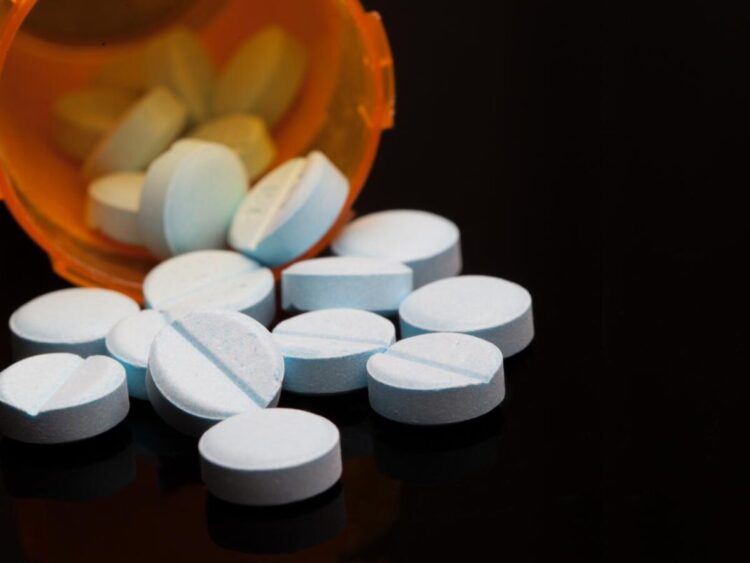By Charlotte Webster-
The Office for National Statistics (ONS) reports that deaths registered from drug poisoning in England and Wales have reached their highest levels in the past 30 years.
The alarming statistics shed light on a growing crisis, with opiates playing a significant role in nearly half of the reported deaths. Heroin and morphine remain at the forefront, according to the ONS.
The data reveals that there were a total of 4,907 deaths related to drug poisoning registered in 2022, equating to a rate of 84.4 deaths per million people.
This rate is slightly higher but comparable to the 2021 figure of 84.0 deaths per million people. The ONS also notes a troubling rise in the number of drugs recorded on death certificates, with an average of two drugs mentioned per death.
Opiates, including heroin and morphine, were implicated in 46.1% of the deaths, totaling 2,261 cases. Additionally, deaths involving cocaine rose by 2.0%, marking a more than sevenfold increase since 2011.
The ONS emphasizes that drug-related deaths are preventable, urging the necessity of the right treatment and support for individuals at risk in any community.
Males continue to be disproportionately affected, with 114.3 drug-poisoning deaths registered per million in 2022, compared to 55.8 deaths per million among females.
Drug misuse deaths, where the underlying cause is drug abuse or dependence, also contribute significantly, accounting for 53.9 deaths per million people.
The ONS acknowledges that these figures are underestimates due to the unavailability of specific drug information in every death case. Drug misuse deaths continue to be higher among Generation X, particularly those aged 40 to 49.
Geographically, the North East reports the highest rates of deaths related to drug poisoning and misuse, while London and the East of England report the lowest rates in their respective categories.
As the crisis intensifies, voices within the addiction treatment sector call for urgent intervention.
Lee Fernandes from the UK Addiction Treatment Group notes that individuals with a long history of drug addiction are now experimenting with other substances, increasing their vulnerability to fatal overdoses. He emphasizes that such deaths are preventable with the right help, empathy, and professional support.
The alarming statistics have renewed discussions about harm reduction strategies, including the potential establishment of the UK’s first drug consumption room in Glasgow by next summer. While the UK government has expressed reservations about such facilities, the pressing need for innovative approaches to tackle the growing drug crisis cannot be ignored.
Clare Taylor from Turning Point echoes this sentiment, stating that drug-related deaths are preventable with the right treatment and support, emphasizing the urgency for protective measures across communities.

